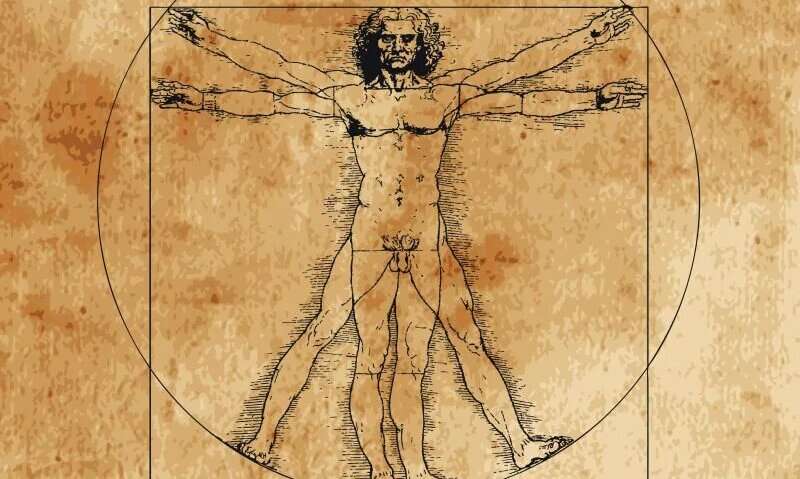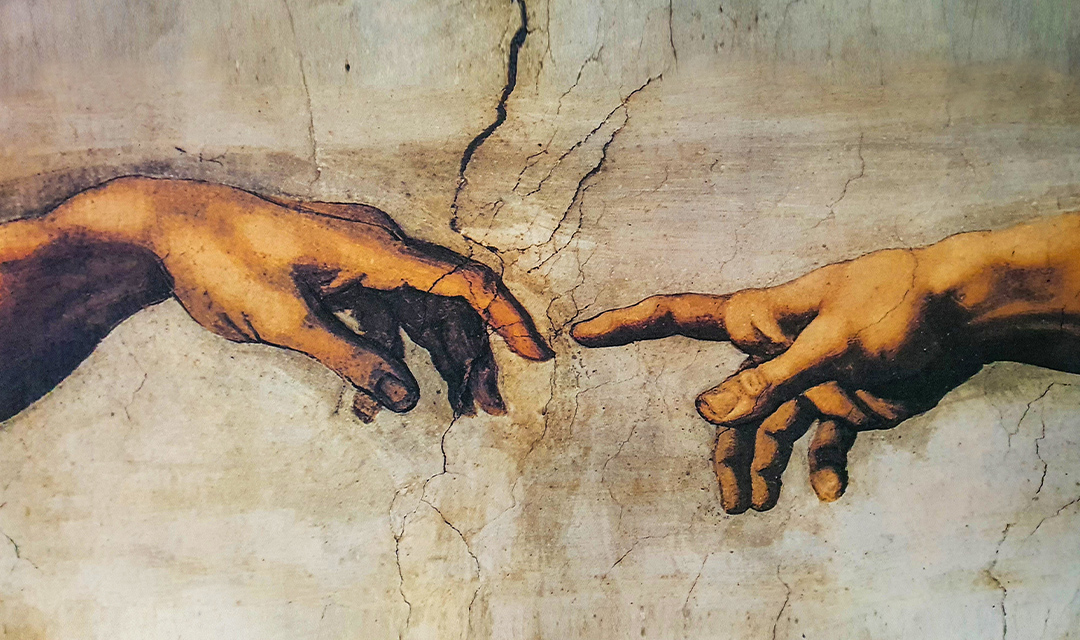It seems that no matter in which direction we look, the more we want to ensure the life of human beings, the more we need to cooperate with one another.
So it seems worth it to take a closer look at what cooperation is, and, more importantly, what it requires.
What is Cooperation?
An old man, realizing he is nearing the end of his life, summons his quarrelsome sons to him. Before they arrive he gathers seven arrows and binds them together into a bundle. Upon their arrival, the father hands the bundle of arrows to his eldest, and strongest son, asking him to break them.
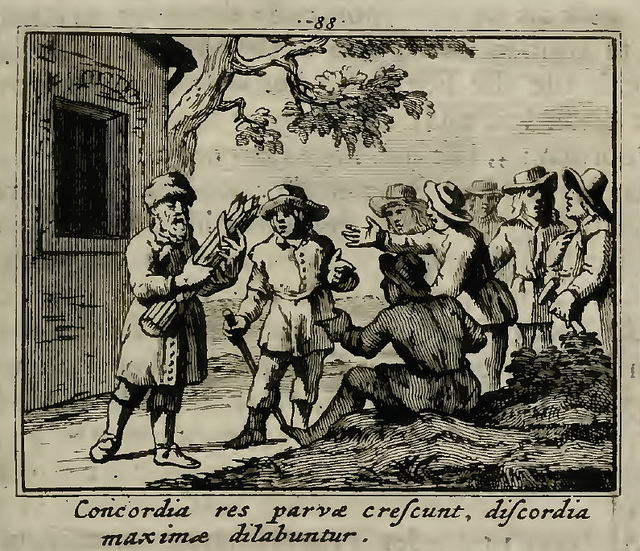
As hard as the eldest son tried, he could not break the bundle of arrows. One by one, each of the sons tried in vain to accomplish this task, and the last son handed the bundle back to his father.
Their father proceeded to untie the bundle, and handed each of his sons one of the arrows. ‘Now, my sons, can you break it?’. With ease all the arrows were snapped.
Cooperation is the thread which binds people together, and, by doing so, makes them stronger and more successful than if they were individual “sticks”.
What it takes to Cooperate
If one thinks that they are completely self-sufficient, they would not see the need to cooperate. This, however is almost never the case. Even the person who is entirely self-sufficient in a materialistic sense – food, clothing, shelter, etc… – will still seek cooperation with humans if only for reasons of entertainment and amusement.

The element of necessity, or desire, which drives us towards wanting to cooperate, denotes that there is a benefit to be gained. However, there are also risks attached to cooperating, and, as we discussed in last week’s post, a certain degree of trust is required to offset the potential risks.
The degree to which, and for what, trust is required (the “Trust Factor”), is defined by what the potential risks are.
The Trust Factor between a shopkeeper and a customer is of a very different nature than that between a husband and wife. This is because the relationship is very different.
Human relationships
All human relationships revolve around transactional arrangements – whether spoken or unspoken.
The transactional arrangement between a shopkeeper and a customer is fairly simple: The shopkeeper offers goods and/or services in exchange for a certain amount of value from the customer.
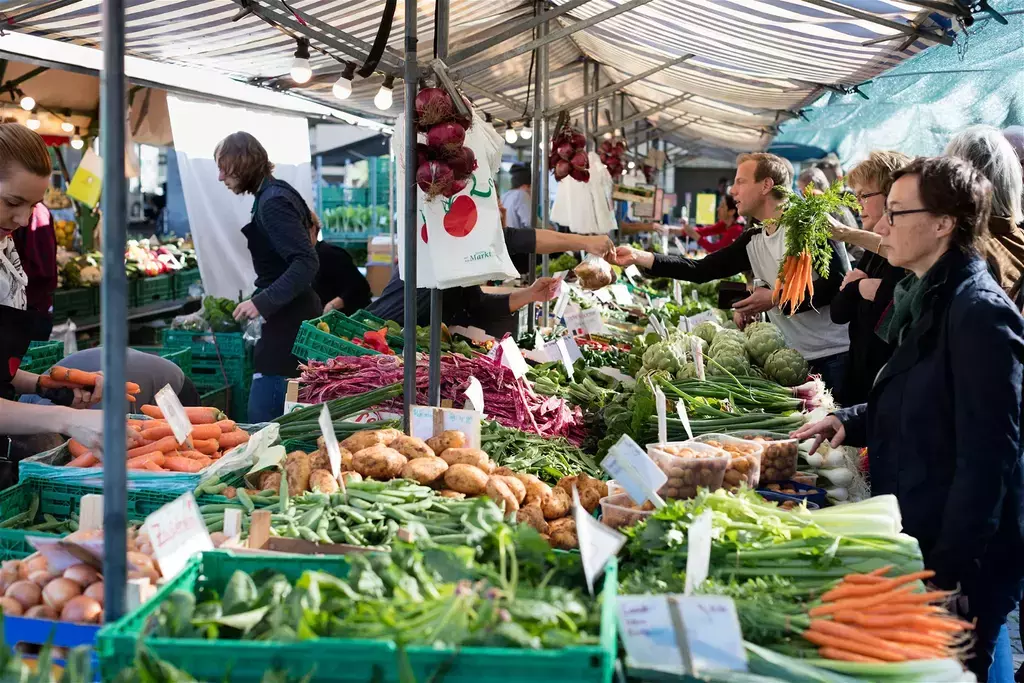
Between a husband and wife, the transactional arrangement is immensely more complex, more integrated, and throughout a single day there could be dozens of transactions occurring – each with varying degrees of value and reciprocal expectations.
The more complex and integrated the transactional arrangement (i.e. cooperation) is between people, the more so trust is at work. And at a certain level of trust, our relationship exists within the territory of what we tend to call ‘love’ – a kind of higher-order level of relationship.
The Cooperative Progression/Regression
At a macro-level it would be something like this:
necessity/desire → relations → trust → cooperation → goal
With a slight closer look, this is what we see happening:
basic necessity/desire → basic relations → basic trust → basic cooperation → basic goals → intermediate necessity/desire → intermediate relations → intermediate trust → intermediate cooperation → intermediate goals → advanced necessity/desire → advanced relations → advanced trust → advanced cooperation → advanced goals → … and so on …
When we experience cooperative success with someone else, we are more likely to continue, and, in fact, expand our cooperation with them.
However this can also work in reverse – if we experience failure in our cooperative venture, we are less likely to continue, let alone expand, our cooperation.
Cooperation and Shared Values
Using, once again, the example of the shopkeeper and customer, the shared value seems rather obvious. The customer wants to purchase the goods/services which the shopkeeper wishes to sell. Neither the customer nor the shopkeeper could care less what the others’ values are regarding the use of marijuana, the political opposition of Chile, or the economic policy of Norway – at least one would think.
And yet, it seems to be increasingly common these days for places of business to advertise their values on a wide range of subjects which have little, or nothing, to do with the purpose of their business. The potential customer, in seeing the values which the proverbial shopkeeper is espousing, has no choice but to ask themselves where their values lay in contrast to that of the shopkeeper.

The end result is that the shopkeeper will, more-than-likely, attract customers who agree with, or at least are indifferent to, the shopkeepers’ values. Would-be customers who object to the shopkeepers’ values will prefer to purchase their goods/services from elsewhere.
This is all because there is a link between cooperation and shared values. How so!?
As we mentioned earlier in this post, it is intuitively known that (voluntary) cooperation is beneficial to all parties which cooperate. And we don’t mind, or perhaps are even happy, to know that the other party(ies) will benefit, unless … unless what?
Firstly, it’s important to note that values are connected to interests. Which comes first, is an interesting question of it’s own – do your interests follow your values, or do they dictate them? Whichever the case may be, they are most likely inseparable.
So if we have a certain ethical or moral value, there is most likely an interest attached. If someone else has a different ethical or moral value than we do, chances are high that their attached interests are also different than ours.
And this comes back around to trust, and thus cooperation, being quite difficult to establish among people with different interests.
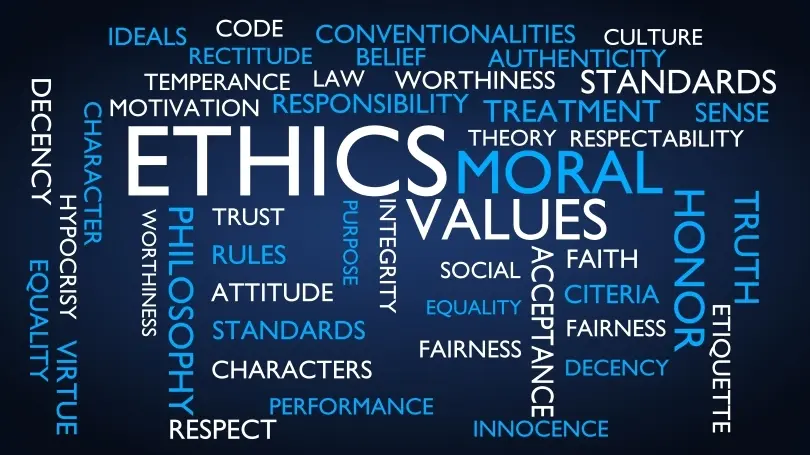
However, if we dig deep enough, and in many cases not that deep at all, we will find that we have different ethical and/or moral values, and therefore different interests, with just about every single human being – even between spouses – and yet we find it necessary, desirable and/or beneficial to cooperate with one another.
So, while it is true that shared values play a critically important part in human cooperation and trust, it is also completely possible, and usually beneficial, to cooperate with others despite not seeing eye-to-eye on everything.
In Conclusion
Humans who cooperate are more successful at ensuring human life than humans who don’t cooperate.
Overwhelmingly we tend to want to cooperate, whether out of necessity or desire.
Cooperation comes with potential risks, which the Trust Factor offsets to whichever degree, and whichever way, necessary.
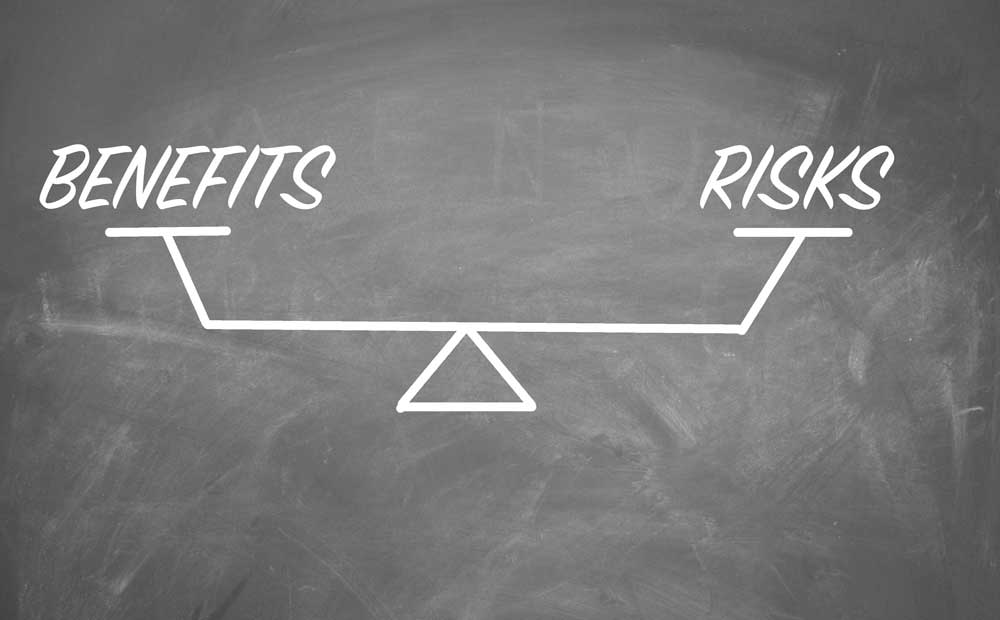
The Trust Factor is derived from our relationship with the other person. The more integrated the relationship, the higher the Trust Factor, and, therefore, the greater the amount of risk which can potentially be offset.
The degree to which we cooperate increases, decreases or plateaus depending on the success of current and previous cooperative experiences.
We are more likely to cooperate with those who share our values and interests. However, we also make exceptions based mostly on the comparison of the benefit we gain from cooperating vs the risk associated with the difference of values and interests.
Cooperation doesn’t mean agreement, it means working together to advance the greater good.
SIMON SINEK

